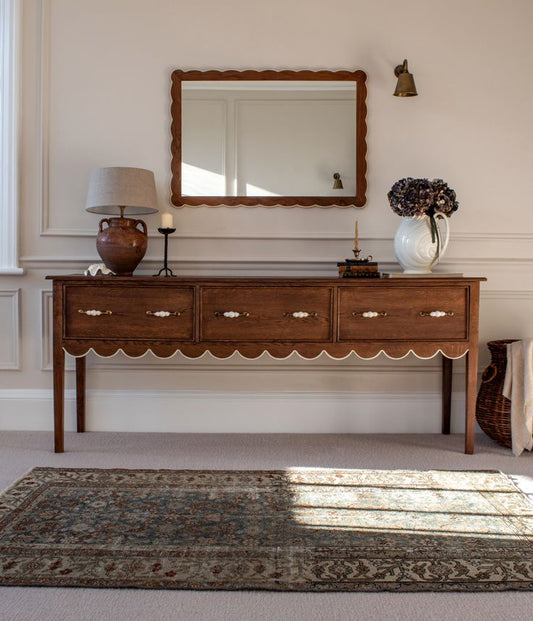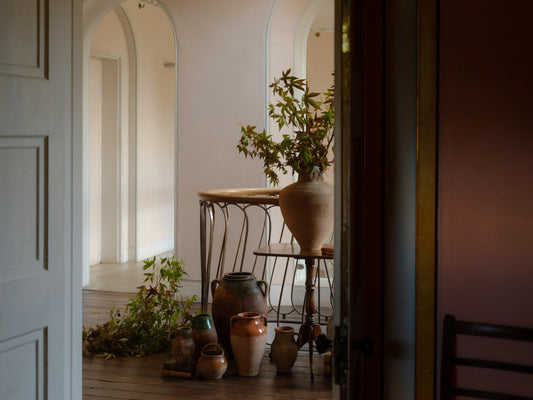Izmir, Turkey, throbs with the pulse of its ancient past. Here, where the famed city of Smyrna once stood, our guide Kadir, a man with a twinkling eye and a fierce love for the past, awaits us in a smart silver Nissan across the road.
We navigate the bustling traffic and weave through stray dogs, hurtling down one of Izmir's vibrant streets. This city, Turkey's third-largest, is built upon the site of the Roman city of Smyrna—a city renowned for its faithfulness and endurance.
As we make our way to Kadir's warehouse in a suburb on the other side of Izmir's vast seaport, he shares his pride in his common Turkish name and his Catholic faith, a unique distinction in a country where Christians make up just 1 percent of the population.
His eyes are kind and calm, but his straight, slender features and round specs remind me of Steve Jobs. Like Jobs, Kadir has strong opinions about simplicity and design. Unlike Jobs, Kadir is possessive of the past, not the future. "I like old things. I don't like new things," he pronounces in his muddy English as we pass slim modern apartment blocks that stand like lonely, glass dominoes amongst the industrial flats of the port region.
Kadir's warehouse, far from the usual dusty image, resembles a modern showroom. Priceless pots, some whispering stories of millennia, adorn the walls. He shows off his pots, some as old as 2,000 years, from the ancient city of Smyrna itself. But, over chai, we soon learn about his real passion—restoring old clocks.
He lifts off a dust sheet from a giant contraption in his workshop-come-kitchen and tells us about how he came upon the German clock tower mechanism. He's a year into its restoration, which preoccupies most of his weekends.
We return to his exquisite pot collection. There's a "pot hospital" in the far corner, and neat sections arranged by date and region. With a chuckle, Kadir wrestles a massive green jar from Antakya, a city echoing with history and the epicenter of last year's earthquake, in which 50,000 Turkish people lost their lives. The lost lives are, of course, the greatest tragedy—amongst them a youth football team from Cyprus who never returned to their heartbroken parents. The pain now echoes endlessly through flattened streets and empty boys' bedrooms. The ghostly footnotes detail innumerable lost pieces of cultural importance too, which renders Kadir's collection more precious now for their survival.
Kadir's passion for preserving the past resonated deeply with us, mirroring Dana & Fabe's own commitment to honoring tradition and craftsmanship. We invite you to join us on this journey, to explore the stories and objects that connect us to our shared heritage, and to celebrate the enduring beauty of bygone eras.
Until next time...



